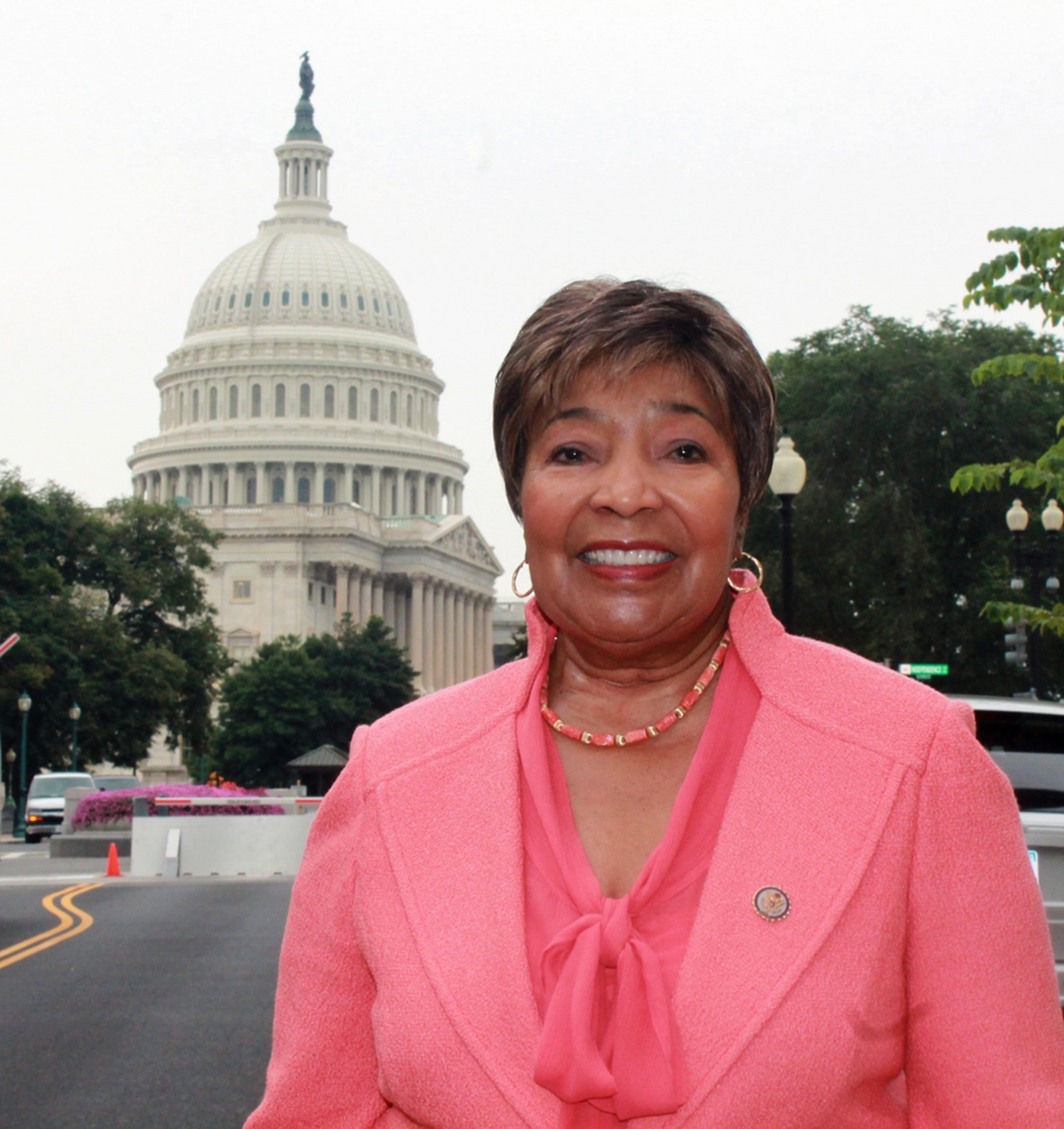By Congresswoman Eddie Bernice Johnson
US House of Representatives
30th Congressional District (Texas)
We are now almost four months into the 2020 Atlantic hurricane season and quickly approaching what is likely to be the most active and dangerous portion of the season. The time to begin educating yourself and preparing for potentially destructive storms coming our way was months ago, but if you find yourself unprepared, prepare now. A community’s ability to effectively respond to the threat of a hurricane is dependent on many factors including: accurate weather forecasts; dependable communication by federal, state, and local decision-makers of those forecasts and of their evacuation recommendations; and adequately equipped first responders.
In late May, the National Oceanic and Atmospheric Administration (NOAA) released their 2020 Atlantic Hurricane Season Outlook and made clear that due to multiple climate factors, this year’s hurricane season was going to be very active in the Atlantic— with a prediction of 13-19 named storms. NOAA released an update to their outlook in early August with a new and daunting prediction; we could experience 19-25 named storms in the Atlantic this year. The Agency stated in their August update that this Atlantic hurricane season has the “potential to be one of the busiest on record.”
Our great state of Texas is no stranger to devastating storms. Across the state, we are still recovering from Hurricane Harvey. In late August, Hurricane Laura barreled its way through western Louisiana and wreaked havoc on everything in its path. Compared to what was originally expected, Texas’ gulf shores were mostly spared by Laura. It is vital that we take this close call as a warning and prepare for the potential of dangerous storms during the remainder of this 2020 hurricane season. And then we must prepare for 2021 and beyond.
The situation we now find ourselves in is made more complicated and riskier by the current coronavirus outbreak. During the COVID-19 pandemic, the scientists of NOAA and the National Weather Service (NWS) continue to staff Weather Forecast Offices 24/7 to ensure the public is made aware of critical weather and climate events. In order to keep Americans in the path of an extreme storm safe while also protecting them from potential COVID-19 infection, it’s more important now than ever that the information provided to these people is timely, accurate, and easily accessible.
Hurricane preparedness is built on a foundation of federal investments in advancing our weather models and prediction capabilities. These investments help ensure accurate and timely forecasts are disseminated to the public. As climate change continues to intensify the severity and frequency of extreme weather, we must continue to support the next generation of innovative technologies that improve upon our current forecasting capabilities in order to strengthen our preparedness and protect Americans.
As Chairwoman of the House Committee on Science, Space, and Technology, I believe that robust federally funded R&D initiatives are an essential part of advancing our understanding of severe weather, which help experts to make well-informed, lifesaving decisions that prepare Americans for whatever lies ahead. Collaboration between the public, private, and academic sectors of the weather enterprise has strengthened our forecasting abilities. These research-to-operations partnerships, which are supported largely in part by federal investment into weather research, are vital to improving our weather models and forecasts.
While we know we are in for a potentially dangerous remainder of this hurricane season, I am confident in the abilities of our federal agencies like NOAA and NWS that partner with state and local decision-makers to provide the forecast information needed to prepare communities at risk of being impacted by dangerous storms. Supporting, and strengthening the federal science and research coming out of these agencies is how we will boost our preparedness for this hurricane season and the next.
Congresswoman Eddie B. Johnson represents the 30th congressional district of Texas in the United States House of Representatives, where she chairs the House Committee on Science, Space and Technology.


You must be logged in to post a comment Login